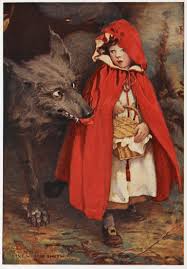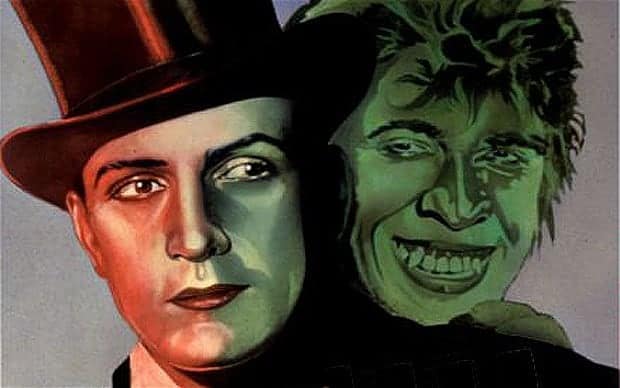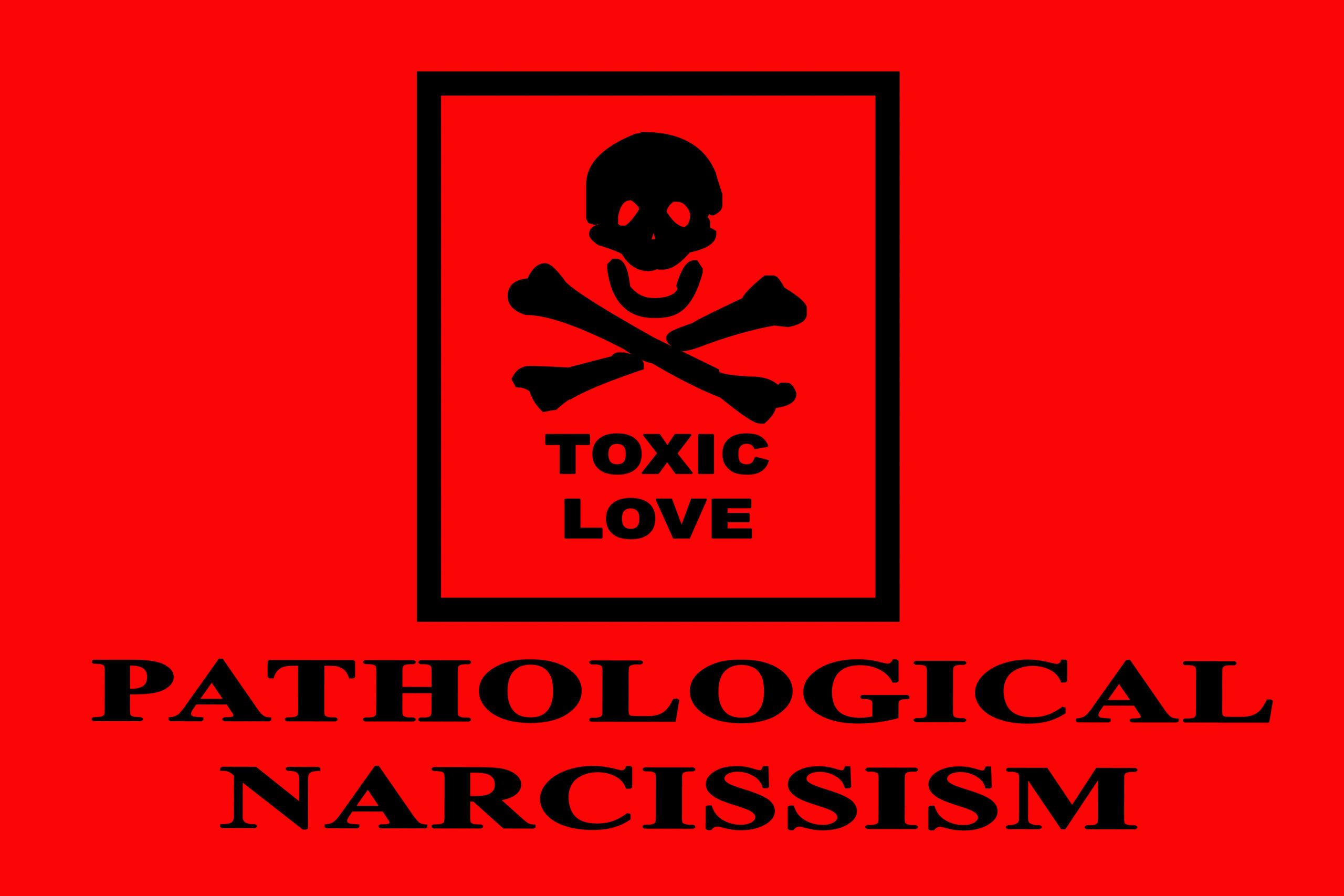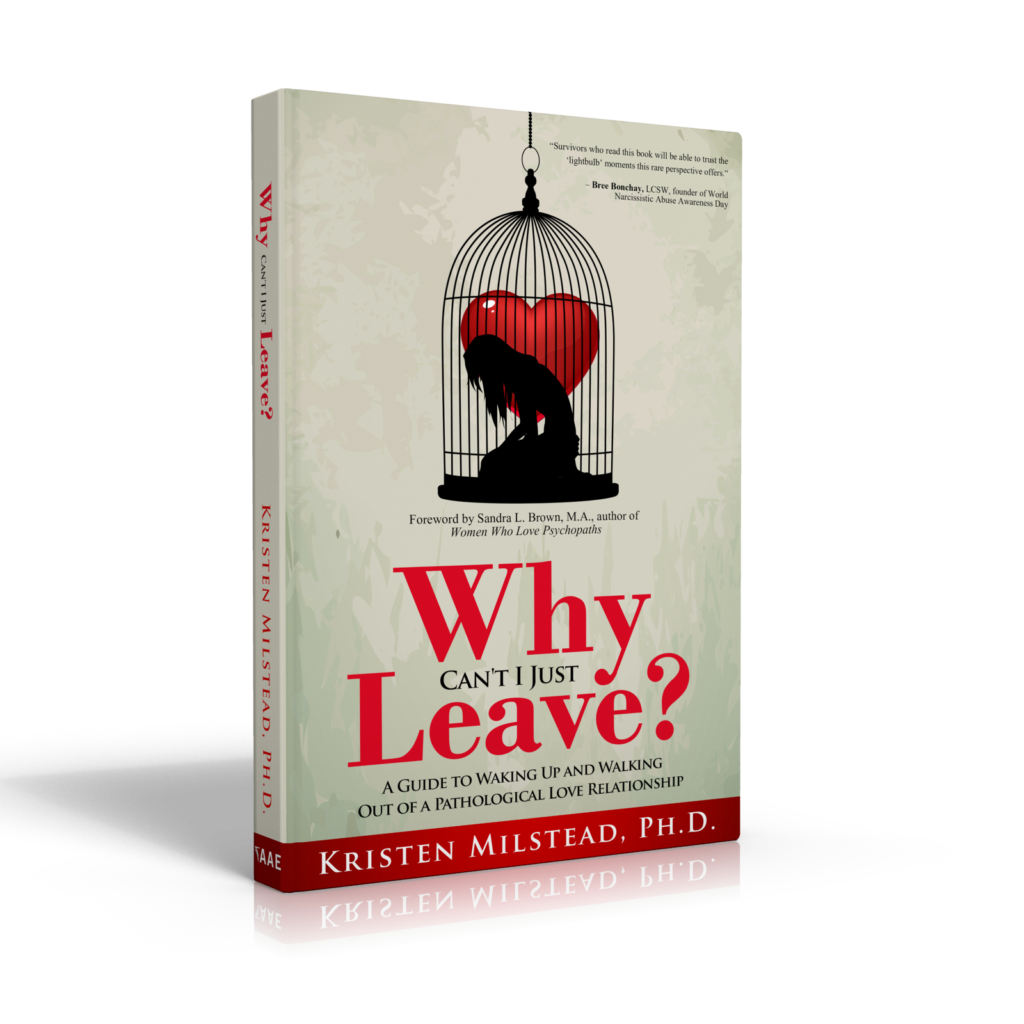From fairy tales to classic literature to legends and lore, I have noticed that the same metaphors keep coming up to explain narcissistic traits both formally and informally– in the jargon on narcissism, in the literature for survivors, and across the forums and the Internet.
It’s not surprising that stories are being used to help explain narcissistic traits. Narcissistic abuse can have the disjointed feel of dreams and nightmares when you try to put words to it.
Its largely psychological terrain primes it for allegorical comparisons that can be made through familiar and nearly universal stories to illuminate what feels impossible to describe.
I definitely selected the title of this blog as a metaphor. I think of it like this: at some point, after you learn what he or she is, being with a narcissist becomes like walking through the landscape of a fairy tale where the sun has been forever eclipsed so that it is always dark.
You can see the outlines of all the promises that were once glittering around you, but they are now only hulking, indistinguishable shapes to stumble around, alone. You’re in the shadows of the fairy tale. With seven words, I tried to provide a window into the extremes of being with a narcissist– the bliss and the inevitable darkness.
Since creating the blog and selecting the title I’ve become acutely aware that other people see fairy tales and other stories can be apt metaphors as well.
Below are four popular cultural stories that I have heard or seen repeated regularly to describe narcissistic traits or narcissistic abuse. Each can be used to metaphorically describe distinct but important aspects of relationships with narcissists, although all share in common the idea of there being more than meets the eye.
“Little Red Riding Hood”: The False Self

Depending on which version you read, this tale has several different endings. All versions, however, center around the interactions between two characters: Little Red Riding Hood and the Big Bad Wolf. Little Red Riding Hood is a young girl who, while traveling through the woods to take food to her sick grandmother, meets the Big Bad Wolf.
The girl has no fear of the wolf whatsoever and innocently tells him of her plans. The wolf plots to eat both the grandmother and the child, and distracts the girl by telling her to pick flowers while he hurries to the grandmother’s house and (in the original version), eats her. He then disguises himself as the grandmother.
When Little Red Riding Hood arrives, she is not at first aware that it is the wolf instead, although her intuition tells her something is not right. After questioning him, eventually, the wolf throws off the disguise and, depending on which version you read, he either eats her or she is rescued by a woodsman outside who hears her scream.
This tale is the story of a predator who targets the unsuspecting and innocent victim, and then instead of just attacking her so that she knows what she is dealing with, he hides in plain sight, and is able to harm her by gaining her trust and making her feel safe so he can take her by surprise.
Whereas the Big Bad Wolf is wearing a literal mask, narcissists wear “masks” as well, pretending to have commonalities with their victims or excessively flattering them– in essence, the actual psychological practices that make people feel safe letting others into their comfort zones. “Little Red Riding Hood” is the tale of how the narcissist uses a false self to manipulate his target and gain her trust.
The Strange Case of Dr. Jekyll and Mr. Hyde: The “Mean and Sweet” Cycle

In this classic work of literature by Robert Louis Stevenson, a man alternates between his “good” side (Dr. Jekyll) and his “evil” side, (Mr. Hyde).
His friends do not know the two are the same person until later when they find him dead. He had been trying to control the transformations via potions but was unable to do so. As Mr. Hyde was about to take over completely, Dr. Jekyll decided to kill himself before that happened.
The plot of this novel is quite complex, and the metaphor in it is not the tale itself, but the character(s) Dr. Jekyll and Mr. Hyde.
The phrase “Jekyll and Hyde” is so familiar, it has entered our lexicon to refer to someone who does not present the same face or personality at all times and their actions don’t appear to make sense.
It’s also used in narcissistic jargon to refer to the “mean and sweet cycle” that narcissists subject their partners to during the devaluation period. During a mean phase, the narcissist will be intentionally cruel and verbally abusive.
Then, just as the partner begins to respond to it, the narcissist falls back again to the loving behavior from the beginning of the relationship. This cycle has the effect of eroding the self-esteem of partners over time and keeping them constantly on their toes, not knowing what to expect.
The Wizard of Oz: Smoke and Mirrors
As with The Strange Case of Dr. Jekyll and Mr. Hyde, it is a character that conveys a metaphorical element of narcissism in this story.
The Wizard, as he presents himself, is an enormous, roaring figure situated several feet in the air atop a throne. Balls of fire jut out from around his face when he is angry. He makes demands, is moody and difficult to please, and seems to take delight in frightening his visitors, who walk on eggshells around him.
A key scene occurs when a curtain off to the side of the room is pulled away to reveal the real Wizard, a human man, who is projecting the fearsome holograph into the room.
The Wizard fumbles and stammers in surprise when discovered, and directs the holograph to shout: “Pay no attention to that man behind the curtain.” This statement has become a common phrase in the survivor community to use to describe how narcissists behave.
Basically, the comparison is this: despite what you see overtly from a narcissist that they are showing you, there is often something else going on behind the scenes that they don’t want you to know about or that they are not showing you. [Read: 7 Narcissist Lies That Are Easy to Spot]
Vampire Lore: Seducing, Brainwashing, and Draining 
Narcissists are often compared to vampires. Vampires deceive humans in order to get what they want, cannot be detected unless certain signs are present, use their physical presence to dominate, hypnotize and seduce, drain their victims in order to make themselves stronger, and confuse their victims as the victims get weaker.
Narcissistic Traits All Around Us
Each story or legend highlights at least one different feature of narcissism or how narcissists abuse their victims. What stands out to me, however, is the commonality among the four.
In all four stories, a core part of the metaphor for narcissistic abuse is the key characteristic that makes narcissistic abuse different from any other type of abuse. This characteristic is deception and/or the inability to distinguish reality.
A narcissist deceives about the very nature of his identity for personal gain. He or she will also manipulate other aspects of reality for the partner once a relationship commences. [Read: Why Narcissists Manipulate: 6 Things They Stand to Gain]
This is the most fundamental aspect of narcissistic abuse from which everything else stems, and I believe that is the reason these stories appear so often in discussions of narcissistic traits.
Narcissistic abuse is difficult to describe succinctly and to people who have not experienced it, and yet with just a phrase or the title of a story, it can be conveyed easily and clearly through metaphor.







4 Comments
Stpk
Thank you so much for your work dear Kristen. I know it takes alot of energy and courage to do what you do.
I guess I’m between phase II and III in the process even though still wondering if he is a real narco or “”just”” (double ” here) some kinda manipulator… See, I’m going back and forth all the time, during the same day, even hour, even minute, even second…
As Vivian said, it’s even so hard to understand oneself what is happening, it impossible to explain others what you are going throught while dealing with such a DEMON. Always keeping these feeling to myself and feeling on the edge of insanity, more and more… Your article helps, as well as all the others.
…I wish there was a secret police file where you can put the name of the narcos so that they can be registered as dangerous criminals.
Kristen Milstead
You are welcome, and thank you so much for reading. I feel like everything you just wrote describes exactly the same things I felt and still feel sometimes. It is very difficult to understand what’s happening, and the writing helps. I am glad it helps you too.
vivian
An excellent article. I have given up trying to explain to people what happened in my relationship with a covert narcissist, because it’s so difficult for me to understand, myself, what happened to me and why it has had such a shattering impact. Thank you so much for your work, it is helping bring clarity.
Kristen Milstead
Thank you so much, Vivian, and thank you for reading. It has helped me to be able to put all this in writing, and I’m glad it helps you too.